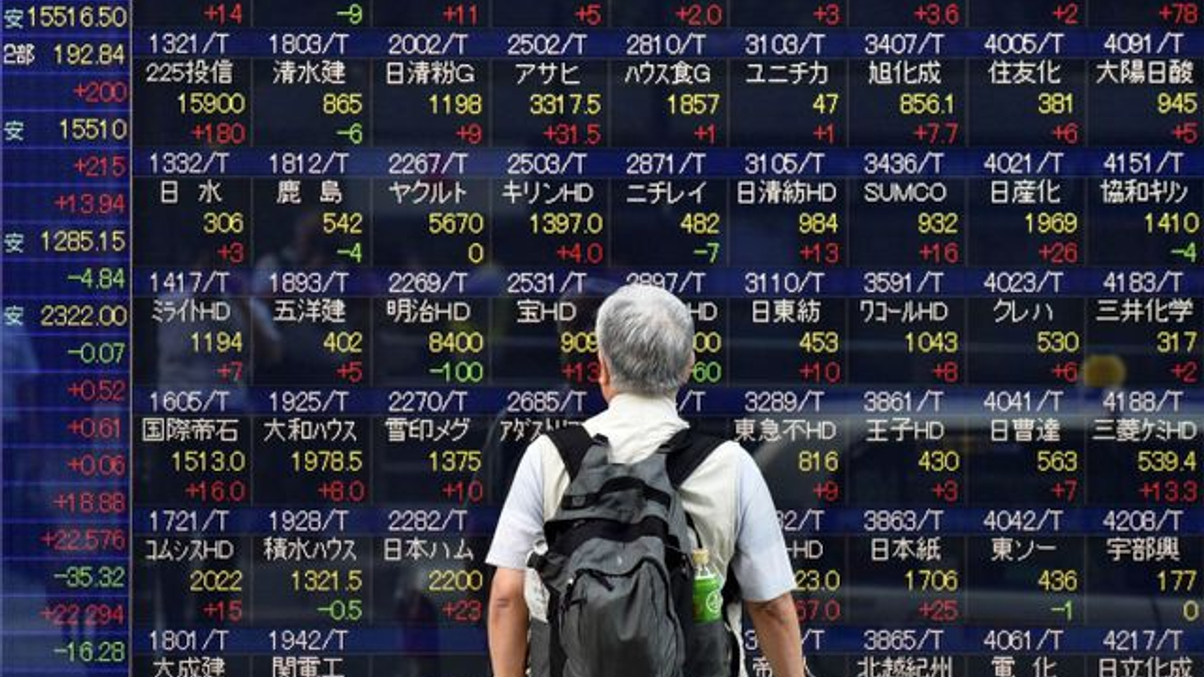Danica Pension: A selective approach to Japanese equities
The Danish pension fund values its exposure to Japan, but must balance a mismatch between its strategy and the country’s overall corporate culture, its head of equities tells AsianInvestor.

Japanese equities have a weighty role in the actively managed portfolio at Danica Pension — but the Danish pension fund also sees limitations in terms of suitable supply within the Japanese markets to cater to its developed markets needs.
Sign in to read on!
Registered users get 2 free articles in 30 days.
Subscribers have full unlimited access to AsianInvestor
Not signed up? New users get 2 free articles per month, plus a 7-day unlimited free trial.
¬ Haymarket Media Limited. All rights reserved.


